Specialty – Embedded Computing and Equipment and Autonomous Systems (INES)
The aim of the INES (INformatique Embarquée et Systèmes Autonomes – Onboard Computing and Autonomous Systems) programme is to train future managers who will be capable of specifying, designing, developing and validating architectures and software for embedded, onboard, communicating systems interacting with the physical world via sensors and actuators. The programme offers methodological and practical training in cyber-physical systems (close links between physical systems and their interactions via appropriate communication and algorithms, cf. figure below). The course also aims to make students aware of the concept of systems operation under constraints: real-time, system security, computing power, energy consumption, etc.
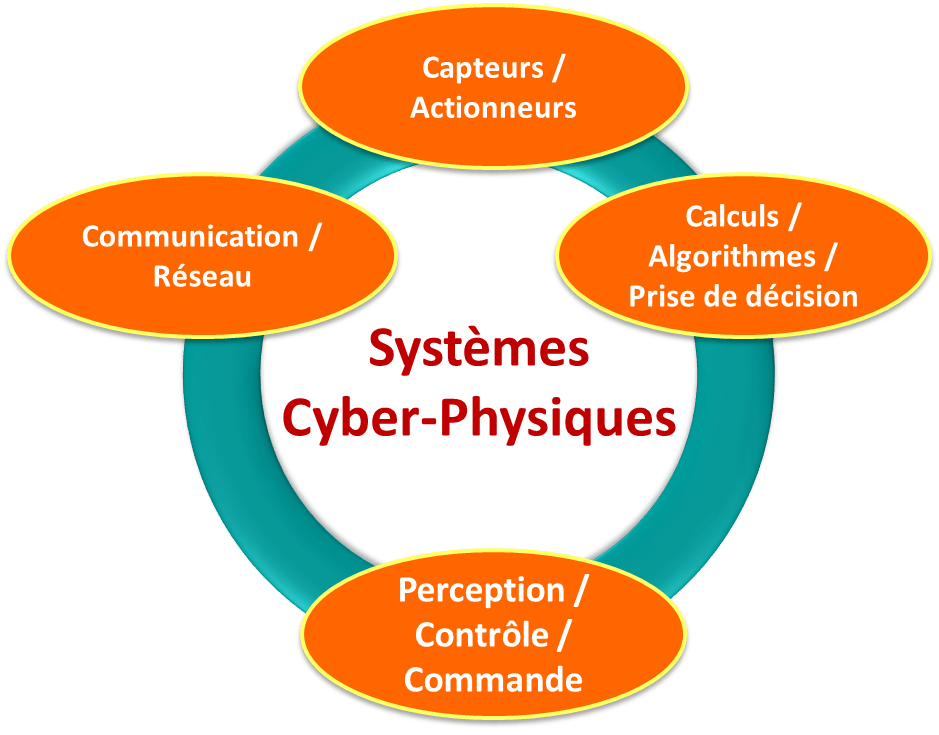
Course contents
6 PSF (Profil Spécifique de Filière) CC Modules
Spring session
- MI11: Real-Time Computing Systems and Embedded Development (TM: Techniques and Methods)
- SY15: Automation for robotics (CS: Scientific knowledge)
- SY32: Vision and Learning ™
Autumn session
- MI12 : Ingénierie des systèmes embarqués ™
- SY27 : Machines intelligentes ™
- SY28 : Systèmes cyber-physiques
7 UVs PCB (Profil Commun de Branche, fortement recommandées pour la filière INES)
GI01-GI02
- MI01 : Structure of an ECU
- SY31 : Sensors for Intelligent Systems
- SY08 : Modelling of discrete event systems
- SY14 : Introduction to Automation
GI04-GI05 (which complete the course modules)
- RV01: Virtual Reality, 3D
- SR05: Distributed Systems
- SR08: IoT (Internet of things)
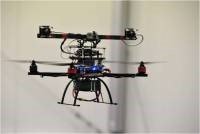
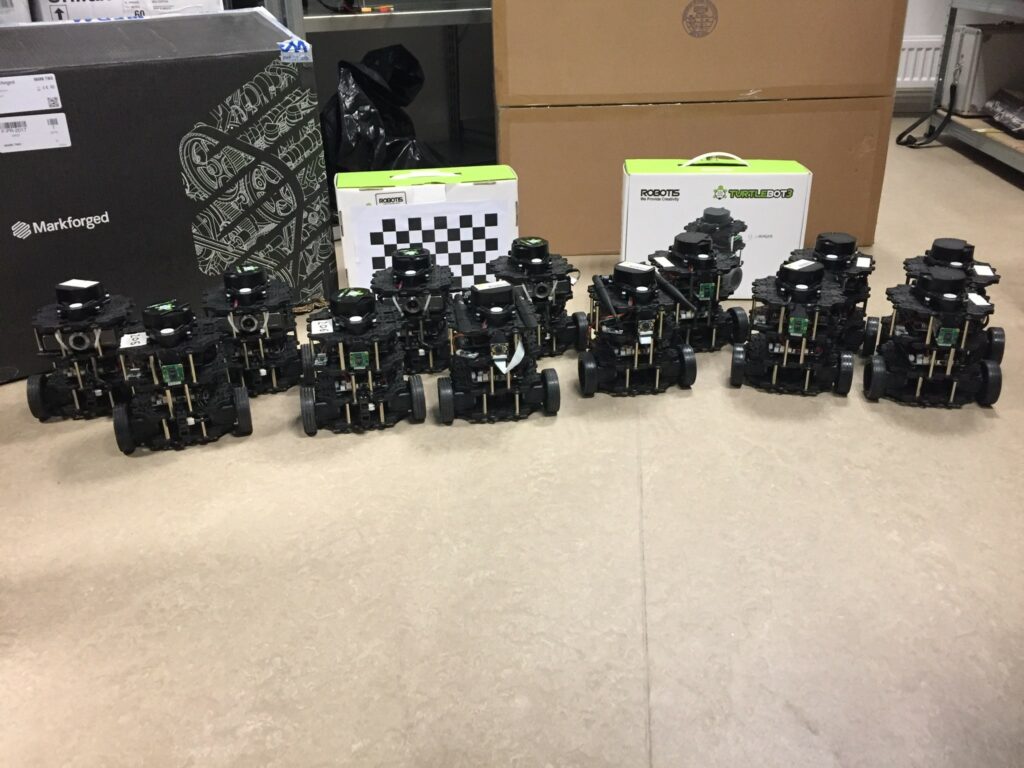
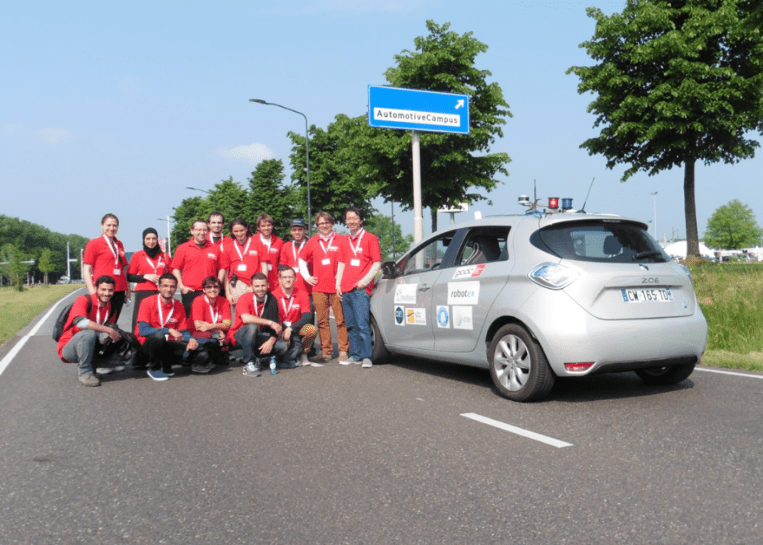
Pedagogical team
The INES teaching team comprises 10 lecturer-cum-research scientists, 1 CNRS research scientist and 2 research engineers. This team is complemented by industrial contributors.
Facilities and infrastructures
The INES teaching team is drawn from the Heudiasyc UMR CNRS laboratory, and more importantly from Heudiasyc's SyRI (Systèmes Robotiques en Interaction) team. SyRI has a leading national/international profile in autonomous mobile systems.
There is an easy access to research platforms: robotized land and air vehicles; immersive virtual reality room.
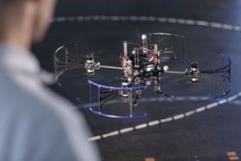
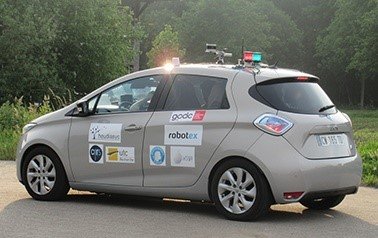
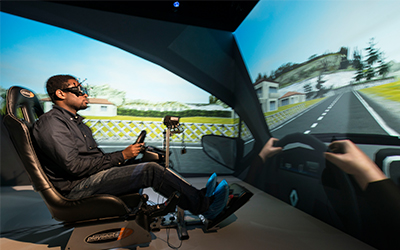
Internships and industrial relations
End of studies project (code named TN10):
- A strong link with at least one of the themes of the sector
- Large groups and SMEs
Main fields
- Automotive (Renault, PSA, Continental, …)
- Aeronautics / defence (Safran, Thales, …)
- Logistics and the Factory of the Future (BA Systems, Valéo, …)
- Transport (Thales Rail, Alstom transports, …), health, telecommunications, etc.
International outreach
Staying abroad (TN10, study semester, double degree, etc.):
- is strongly encouraged and commended
- there are several target universities: Waterloo Univ. (Canada), Princeton Univ. (USA), Cranfield Univ. (UK), Linkopings Univ. (Sweden), Univ. of Arturo Prat (Chile), etc.

Professional openings
The main job opportunities linked to the INES specialty qualification lie in the fields of transport, aeronautics, logistics and defense.
Examples of jobs: development engineer, research engineer, design engineer, technical director, project manager, process/method expert, safety/security expert, consultant, etc.



